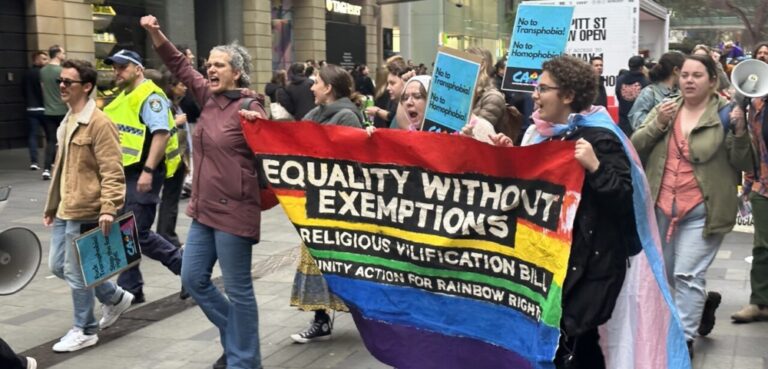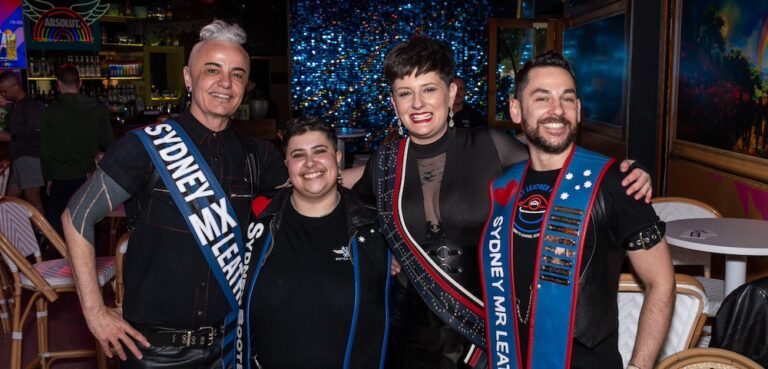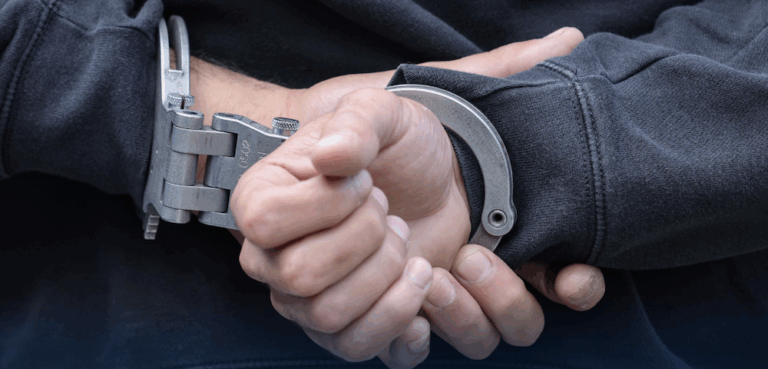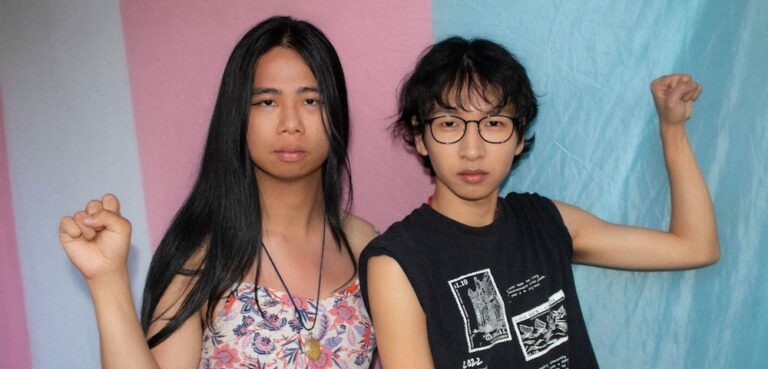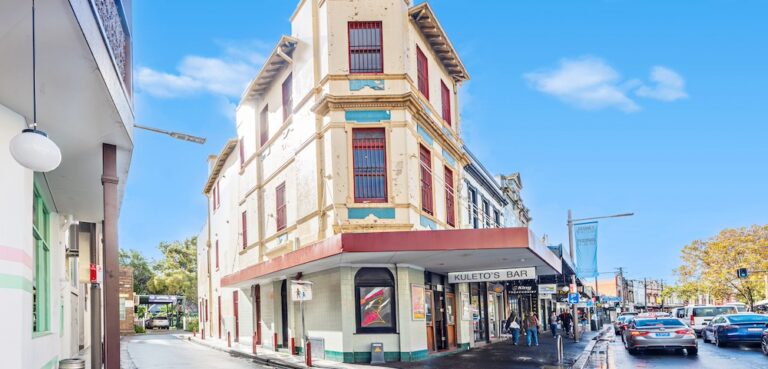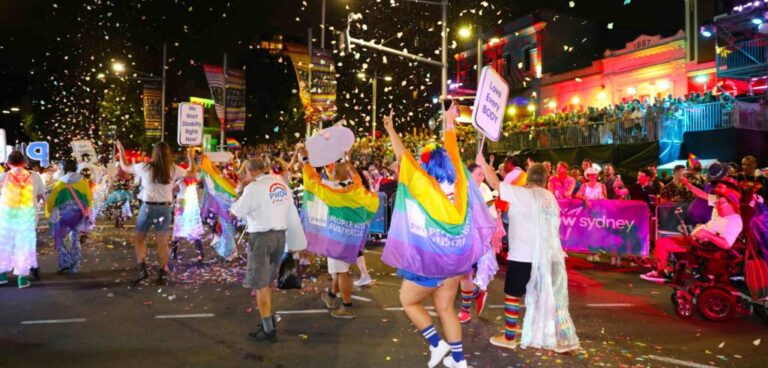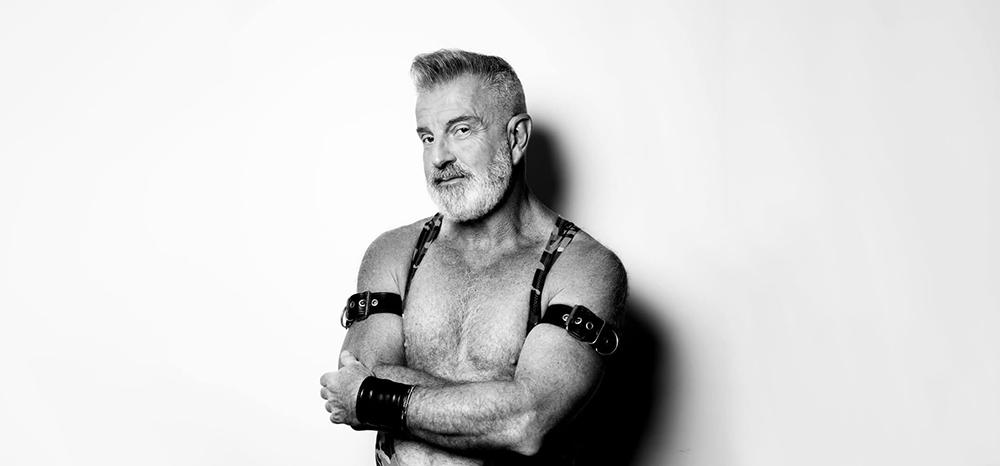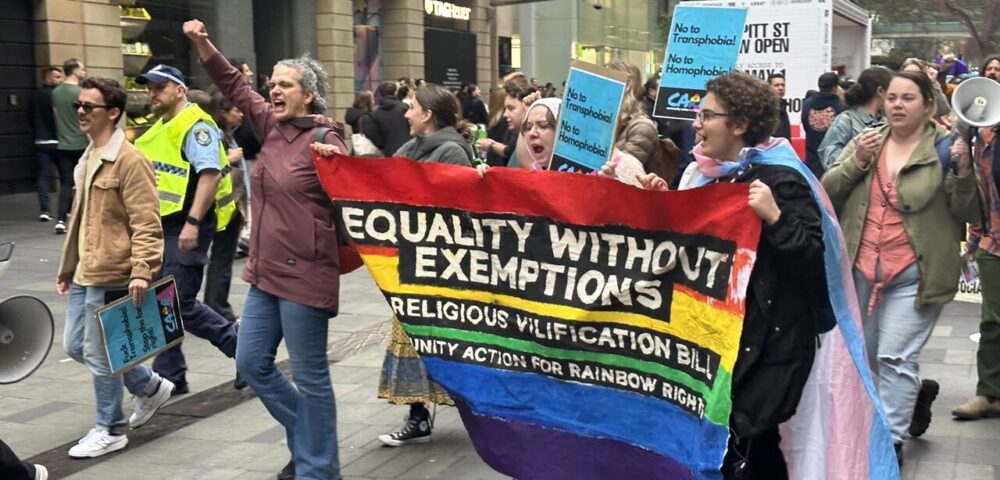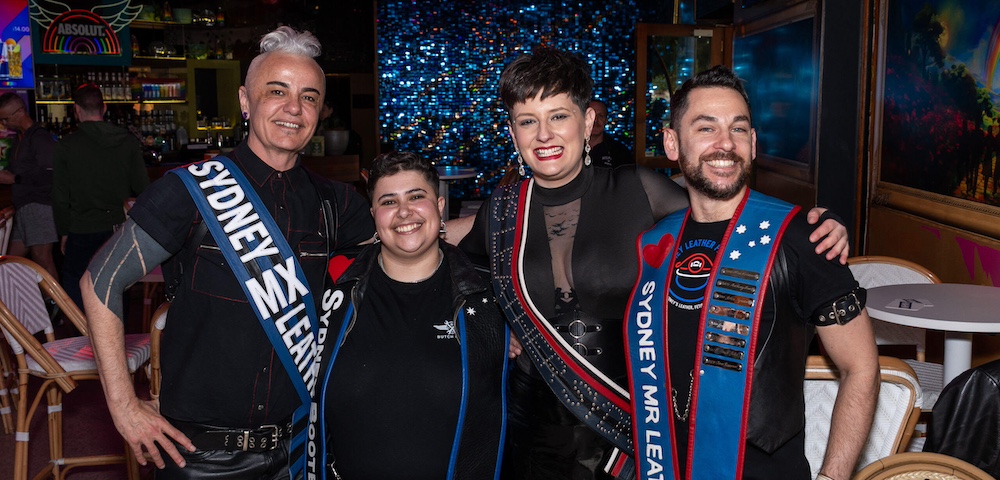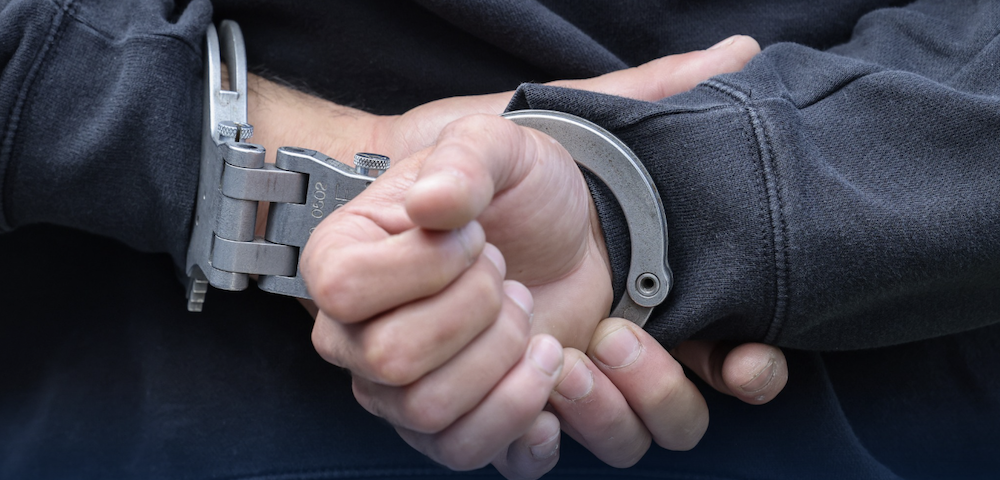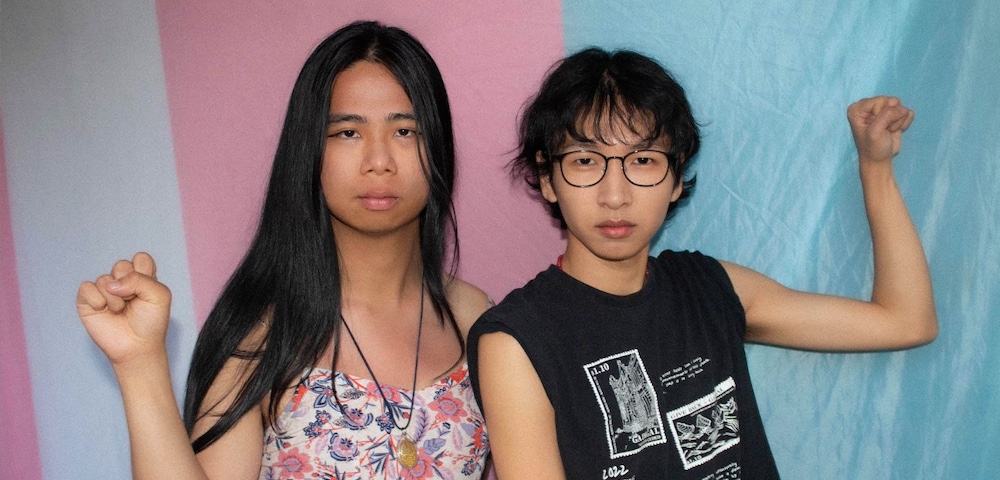
Alcohol abuse: finding solutions
Alcohol is the social lubricant of choice in gay Sydney. The most prevalent gay culture is the culture of bars and pubs, and there is a serious lack of non-alcoholic options for GLBT people looking for a sense of community.
Next week the NSW Alcohol Summit will hear about the causes and effects of alcohol abuse from a range of experts and policy makers. A submission prepared by the AIDS Council of New South Wales will highlight some of the different effects of alcohol abuse on the gay and lesbian community.
ACON CEO Stevie Clayton said there was conflicting research into the extent of alcohol use among gay and lesbian people.
There’s not a lot of research nationally or internationally about alcohol use in the GLBT communities, and there’s a limited amount that shows rates of alcohol consumption are probably not drastically different to the straight community, Clayton said.
But results of a recent Australian study -“ that have not been released yet -“ showed there were higher rates of binge-drinking behaviour in same-sex-attracted high school students, Clayton said. And studies into same-sex-attracted women showed higher rates of alcohol consumption and problematic alcohol use than in straight women. Gay men, who had higher rates of hepatitis than straight men, were more at risk of liver damage from drinking.
The gay community was also at risk of alcohol-related violence -“ with most anti-gay hate crimes happening around licensed venues on Friday, Saturday and Sunday night.
According to the Health in Men Study 2002, about 76 percent of gay men drank at least once a week, with 44 percent of respondents claiming to drink at least three times a week. About 64 percent drank at least three drinks in each session. About 70 percent of respondents had binged on alcohol in the previous six months, and 15 percent binged at least once a week.
Clayton said there needed to be specific research into why the gay and lesbian community was drinking. Currently ACON worked on the assumption that a reliance on licensed venues for socialising led many to alcohol abuse.
Part of the problem is that if you’re a young straight person there’s any number of ways you can meet young straight people that don’t involve alcohol consumption, Clayton said.
But for people in our communities we still have the situation where if you’re coming from another area or even if you’re older, and just coming out, then where you find others is in bars and nightclubs. So you’re automatically inculcated into a culture that is about normalising alcohol, tobacco and drug use -“ and that continues. It’s the easiest way for you to find a sense of gay and lesbian community, identity and acceptance.
Paul Dillon from the National Drug and Alcohol Research Centre said he believed alcohol played a part in increased risk-taking behaviour.
The reason why people choose to use alcohol is because of its dis-inhibiting effects, so in terms of making bad decisions and choices, of course, alcohol is often one of the problems, Dillon said.
I think too much is often made of the illicit drugs and how they cause all of these problems, when alcohol is a huge issue in our community -“ a huge issue that is often not spoken about. And of course many people who drink but don’t use illicit drugs are always going on about how bad the illicit drug users are, and there they are in the bar every night of the week knocking them back.
Dillon said while the bars and clubs of gay Sydney were often violence-free compared to licensed straight premises, alcohol was often a factor in same-sex domestic violence. It was also the most commonly used drug in drink-spiking incidents -“ people have become incapacitated because they have been bought triple shot drinks at the bar when they believed they were drinking singles.
I think many people who do it actually wouldn’t even consider it to be drink-spiking -“ they’d actually think they were doing someone a favour, he said.
But the reality is you can be charged with physical assault for doing it. We need to alert people not only to the fact that it can happen to them but it’s a crime to do it.
Among the recommendations in ACON’s submission is a call for more research into the role of alcohol in incidents of violence between and against gay people, research into alcohol use patterns in the GLBT communities and research into whether alcohol is a factor in the rate of suicide among same-sex attracted youth. ACON has also recommended alcohol-free events for same-sex attracted youth, and an extension of counselling services.
